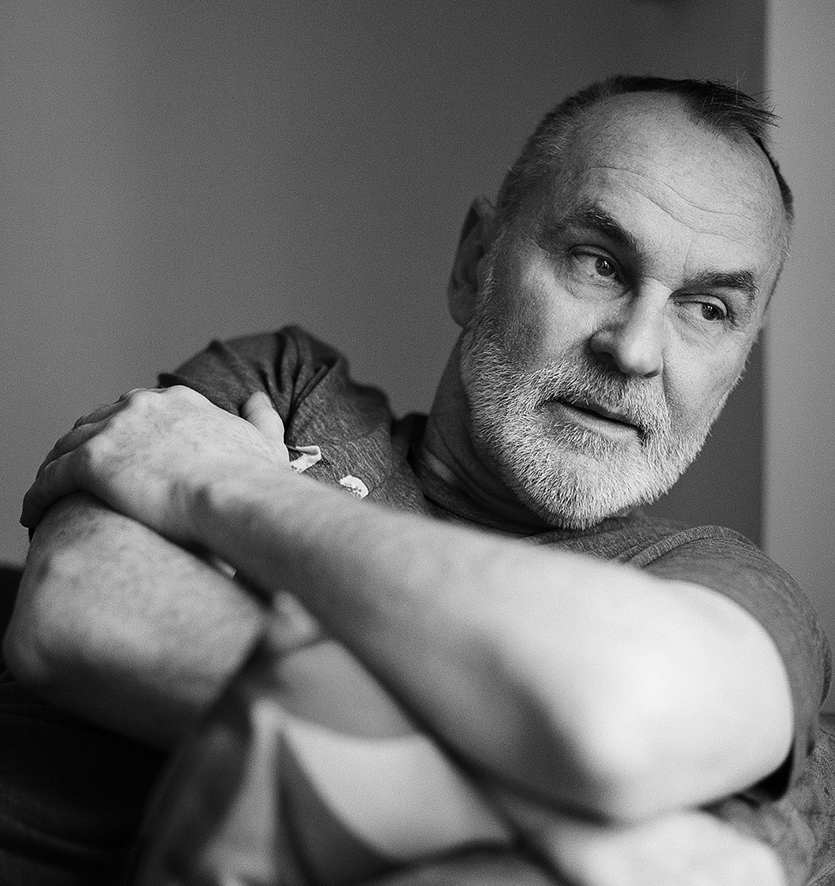
named Cape Breton University’s inaugural Artist in Residence
Cape Breton University is pleased to announce two creative arts initiatives that reaffirm the importance of the arts at CBU – the addition of a Creative Arts Coordinator as well as an Artist in Residence.
“These two very critical roles will result in a boost in national recognition for the Institution as a place where creative arts are continuously elevated and celebrated,” says President and Vice-Chancellor David C. Dingwall. “These new developments demonstrate our acknowledgement of the importance of the creative arts at CBU, and I look forward to the exciting and beneficial experiences our students and employees will be exposed to as a result.”
Todd Hiscock, CBU’s Boardmore Theatre Director, will become the University’s first Creative Arts Coordinator. Responsible for the management of strategic creative arts initiatives and programs, the Creative Arts Coordinator will carry the CBU Creative Arts Strategy from concept through to execution. Working closely with the Creative Arts Advisory Committee, and other campus leaders, Hiscock will implement strategies focused on developing CBU as a creative place for both work and education.

“I look forward to taking on this role and bringing the Creative Arts Strategy of Cape Breton University to life,” says Hiscock. “This new initiative will allow us to make a powerful contribution to the Cape Breton Island creative arts sector and economy.”
In addition to the Creative Arts Coordinator, CBU will see its newest Artist in Residence begin this January. Daniel MacIvor, Canadian actor, playwright, theatre and film director from Sydney, Nova Scotia, has been awarded the Governor General’s Award for Drama, two Chalmers New Play Awards as well as a Canadian Screen Award, and will bring a new energy to the arts at CBU.
In his role as Artist in Residence, MacIvor will return to his hometown to conduct workshops with CBU students and members of the local theatre community, focusing on solo-performances and original writing. Further plans include directing a play using local performers as well as potentially forging new collaborations with playwrights across the country.
“My long-term interest has been solo performance, though recently I have been drawn to auto-ethnography, land-based dramaturgy and performance studies’ broader application,” says MacIvor. “I see many exciting possibilities for research and practical application in those areas at CBU. It feels so very good to be home.”
Following recommendations from the Creative Arts Task Force, these initiatives provide the University with an opportunity for growth and recognition in the field of creative arts.

